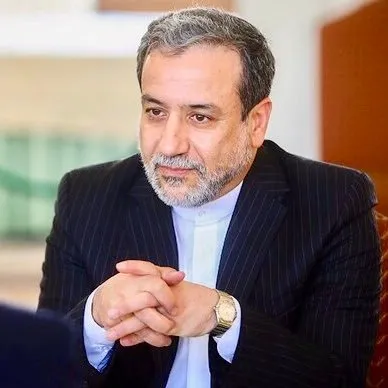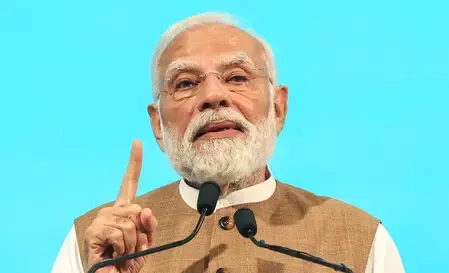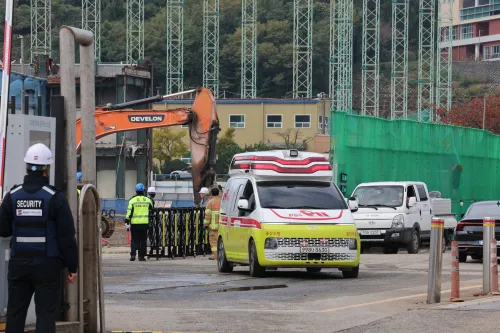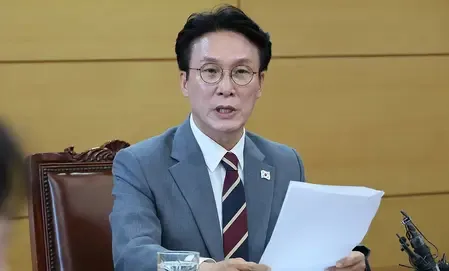What Warnings Did Iran Issue to European Powers Regarding the Snapback Mechanism?

Synopsis
Key Takeaways
- Iran issues a warning to Europe regarding the snapback mechanism.
- Consequences of misuse could include escalated tensions.
- The snapback mechanism is part of the 2015 nuclear deal.
- Iran expresses readiness to move forward in diplomatic relations.
- Indirect talks with the U.S. continue regarding nuclear issues.
Tehran, May 12 (NationPress) Iranian Foreign Minister Seyed Abbas Araghchi has issued a stark warning to France, Britain, and Germany, cautioning them against the consequences of "abusing" the snapback mechanism.
His comments came in a post on social media platform X on Monday, responding to statements made by the E3 group regarding their intention to activate the snapback mechanism against Iran.
This mechanism is part of the 2015 nuclear deal, officially known as the Joint Comprehensive Plan of Action (JCPOA), which allows the signatories to re-impose all international sanctions if Tehran fails to comply with the agreement.
Araghchi stated, "We have officially warned all JCPOA signatories that any abuse of the snapback mechanism will lead to consequences -- not only will it mark the end of Europe's role in the agreement, but it will also escalate tensions that could become irreversible," he emphasized.
He further noted, "How we respond at this crucial moment will determine the future of Iran-Europe relations far more profoundly than many realize."
Araghchi expressed Iran's readiness "to turn the page," hoping that its European partners would exhibit a similar willingness, as reported by Xinhua.
Recently, French Foreign Minister Jean-Noel Barrot remarked, "It is clear that once the Iranian nuclear deal expires in a few weeks, if European security interests are not assured, we will not hesitate for a second to reapply all the sanctions that were lifted 10 years ago."
This development occurs as Iran and the United States have engaged in four rounds of indirect discussions concerning Tehran's nuclear program and the removal of U.S. sanctions over recent weeks.
In 2015, Iran entered into the JCPOA with six countries -- Britain, China, France, Germany, Russia, and the United States. Under this agreement, Tehran committed to limiting its nuclear program in exchange for sanctions relief.
However, the United States, under President Donald Trump, unilaterally exited the agreement in 2018 and reinstated sanctions, prompting Iran to gradually reduce its compliance with its nuclear commitments. Efforts to revive the agreement have not yielded significant progress.









